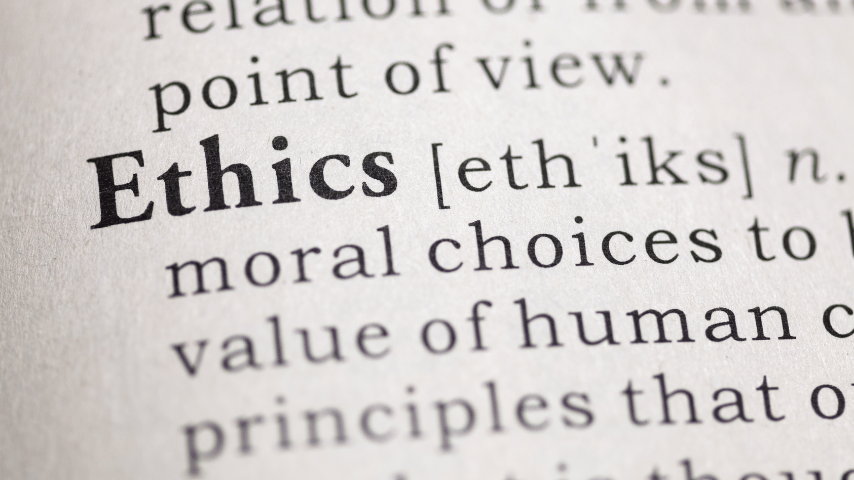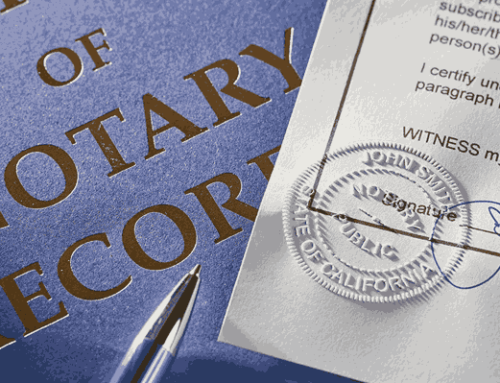Have you ever wondered how the legal profession, often considered the bedrock of justice, maintains its ethical compass? In this blog, we’ll explore the vital role of ethics in legal professionals, which upholds fairness and justice in society. Join us on this ethical journey and elevate your legal practice today.
Preserving Justice
Justice is the cornerstone of any civilized society. Legal professionals, including lawyers and judges, are entrusted with the sacred duty of preserving justice. They must ensure that the scales of justice remain balanced and that every individual receives fair treatment under the law. Legal ethics serve as the compass guiding lawyers to act impartially in the interest of justice.
Upholding the Rule of Law
The rule of law is a fundamental principle that ensures the uniform and consistent application of laws. Irrespective of one’s status or power. Legal professionals play a pivotal role in upholding the rule of law by adhering to ethical principles. Judges must remain impartial, lawyers must respect their client’s rights, and paralegals must handle sensitive information with care. In the absence of ethics, the rule of law becomes a mere facade. Leading to unequal application of laws and a loss of faith in the justice system.
Maintaining Public Trust
Public trust in the legal system is paramount. When citizens perceive the legal profession as ethical and trustworthy. More likely to cooperate with legal authorities and respect court decisions. However, unethical behavior by legal professionals can breed skepticism, cynicism, and a lack of confidence in the justice system. A loss of public trust can have far-reaching consequences, including an erosion of social order and an increase in lawlessness.
Protecting Individual Rights
Legal professionals are often the guardians of individual rights. Ensuring that everyone is entitled to a fair trial, due process, and protection against discrimination. Lawyer Ethics in the legal profession is essential to fulfilling this duty. For instance, lawyers must maintain attorney-client privilege, judges must provide fair and unbiased rulings. Prosecutors must seek justice rather than convictions at any cost. Without ethics, individual rights are at risk of being trampled upon, leading to injustice and societal unrest.
Ongoing Ethical Education
The legal profession is not static; it evolves in response to societal changes, legal developments, and shifting ethical norms. Ethical education is essential for legal professionals to sustain high standards in their careers. Continuous learning equips legal professionals to handle ethical dilemmas and adapt to evolving legal landscapes.
Ethical education helps legal professionals adapt, address complexity, and maintain trust with clients and the public.

Preventing Corruption
Lawyer Ethics in the legal profession are a bulwark against corruption. Legal professionals are privy to confidential information, wield considerable power, and can influence outcomes. Ethical guidelines, such as the duty of confidentiality and the prohibition of bribery. Which are essential in preventing corruption and maintaining the purity of the legal system. When legal professionals act unethically, they can become enablers of corruption, compromising the very ideals of justice and fairness.
Ensuring Accountability
Accountability is a core tenet of lawyer ethics in the legal profession. Legal professionals are accountable for their actions, and ethical standards provide a framework for assessing and addressing misconduct. Disbarment and judicial impeachment are checks to hold legal professionals accountable for unethical conduct. This accountability reinforces the importance of ethical conduct and discourages malpractice.
Legal Ethics and Public Policy
In public policy, legal ethics serve as a guiding compass, directing policymakers and professionals toward just and human rights-aligned decisions. Take, for instance, the realm of human rights advocacy. Legal professionals working in this domain understand that their ethical obligations extend far beyond the courtroom. Legal ethics shape policies for international human rights, addressing refugee rights, gender equality, and freedom of expression.
Fostering Professionalism
Lawyer Ethics in the legal profession fosters a sense of professionalism and civility among legal practitioners. Respectful and ethical behavior in interactions with colleagues, clients, and opposing parties is essential. To maintain the dignity and reputation of the legal community. This professionalism not only enhances the working environment but also contributes to more effective resolution of disputes and negotiations.
Resolving Ethical Dilemmas
Legal professionals often encounter complex ethical dilemmas in their practice. These dilemmas may involve conflicts of interest, attorney-client privilege, or the duty to report unethical behavior. Ethical guidelines provide a framework for navigating these challenges. Legal professionals, by following ethical principles, can make informed decisions that honor both the law’s spirit and their professional responsibilities.

Ethical Leadership
Legal professionals, by the very nature of their roles, become ethical leaders within their communities and the broader legal system. Their influence extends well beyond the courtroom, encompassing ethical stewardship, advocacy for justice, and the promotion of professional integrity. Ethical leadership in the legal profession involves multiple facets that enrich both society and the legal community.
One remarkable aspect of ethical leadership is the commitment to promoting access to justice. Many legal professionals engage in pro bono work, offering their legal expertise to individuals who cannot afford legal services.
They ensure equal access to justice irrespective of financial resources and advocate for legal aid services as a fundamental pillar of a just society.
Summing Up
The importance of ethics in the legal profession cannot be overstated. It is a multifaceted concept that underpins the very essence of justice, fairness, and the rule of law. Legal professionals are not merely advocates or judges; they are guardians of societal values and principles.
As legal professionals navigate the complexities of their profession, they must remain unwavering in their commitment to ethical conduct. By doing so, they preserve justice, protect individual rights, and maintain the rule of law. Ethics are the legal profession’s moral compass, safeguarding its integrity and trust in society. In a complex ethical world, legal professionals shape individual lives and justice in society through their actions.





